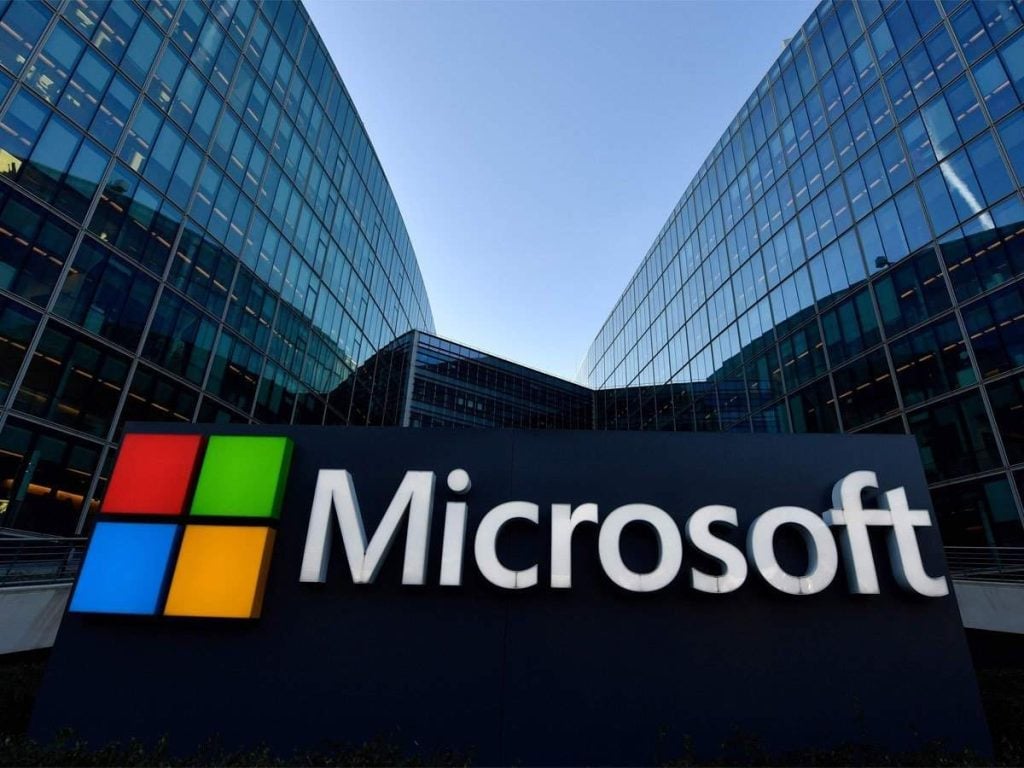Microsoft Game Studios, one of the leading players in the gaming industry, has once again made it clear that it has no immediate plans to enter the virtual reality (VR) and augmented reality (AR) market. In an interview with The Hollywood Reporter, Matt Booty, the head of Microsoft Game Studios, emphasized that the current state of VR and AR does not align with Microsoft’s criteria for success in the line of gaming, especially in the near future.
Microsoft plans to leverage its existing Intellectual Properties to create new content
Booty explained that for Microsoft games to be considered successful, they need to attract a substantial player base of around 10 million users. Unfortunately, VR and AR technologies have yet to achieve such widespread adoption. While acknowledging the potential of these emerging technologies, Booty stated that Microsoft prefers to focus on leveraging its existing intellectual properties (IPs) to build ongoing franchises and bustling communities.

This strategic stance sets Microsoft apart from competitors like Sony and Meta (formerly known as Facebook). Sony’s recent release of the PlayStation VR2 saw impressive initial sales, with 600,000 units sold within six weeks. Sony’s President, Hiroki Totoki, even expressed optimism that the PS VR2 could surpass the total sales of its predecessor, which had reached 5 million units by the end of 2019. Similarly, Meta revealed earlier this year that its Quest VR headset had already achieved nearly 20 million unit sales.
Microsoft’s position on VR has faced scrutiny in the past. In November 2019, Phil Spencer, the head of Microsoft‘s gaming division, sparked controversy with his remarks about VR, which some interpreted as dismissive of the technology. However, Spencer later clarified his comments, expressing appreciation for the game industry’s exploration of different areas while emphasizing that VR was not their immediate focus.
While Microsoft’s current stance may disappoint VR enthusiasts, it highlights the company’s commitment to its existing gaming ecosystem. With a focus on expanding and nurturing their successful IPs, Microsoft aims to create engaging experiences for a broad player base. Nevertheless, as the VR and AR markets continue to evolve, Microsoft should remain open to the possibility of exploring these technologies in the future, because slowly yet steadily, AR and VR will carve a niche in gaming.
RELATED:
- Microsoft Strengthens Defenses Against Layer 7 DDoS Attacks
- Microsoft Bing Chat Introduces iOS Widgets, Advanced Voice Chat Functionality in New Update
- Best Free Video Editing Software 2023
(Via)






